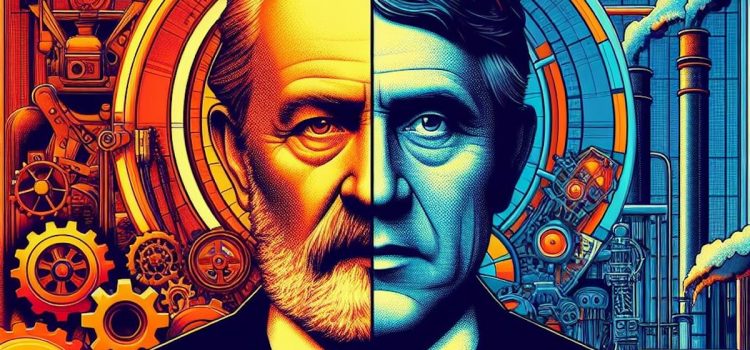What interview rubric for hiring should you follow? What types of questions should you answer as an interviewer? The first step in the hiring process is creating a hiring rubric when a role opens. This rubric lists the role’s important responsibilities, as well as abilities and traits that can help the employee complete those responsibilities. Here’s how to fill out your interview rubric.
Interview Rubric for Hiring: Questions to Answer as an Interviewer










